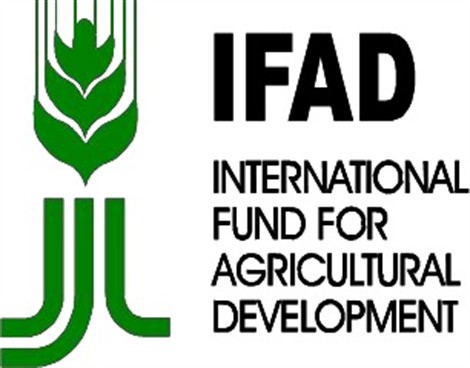The International Fund for Agricultural Development, IFAD-sponsored Value Chain Development Programme has created1,504 new jobs for both men and women in Anambra State.
The programme is co-financed by the Federal government, the Anambra State government and the five participating local government areas of Anambra East, Anambra West, Ayamelum, Awka North and Orumba North.
Of the number of jobs created, 1087 were permanent engagements, while the rest were non-permanent.
Details showed that adult men and women got 767 permanent engagements, while youths got 320 permanent jobs.
Presenting the programme’s mid-term review report in Awka when a team from the federal government and donor agencies visited Anambra State, Mr. Emmanuel Agwuncha, the state coordinator of the programme, said that off-farm activities had kept many women and men in the various communities where the programme was being implemented very busy as they have been earning adequate incomes from farming activities.
Agwuncha said the 320 permanent jobs created for the youths have been of great benefit as those who had hitherto roamed the streets had become gainfully engaged.
The coordinator, who said the seed entrepreneurs trained by the programme at the National Root Crops Research Institutes (NRCRI) Umudike, Abia State had become employers of labour, lamented over low participation of female youths in the programme, adding that efforts were being made to encourage them to develop interest in agriculture.
Part of the effort to attract female youths, according to him, was the introduction of the Gender Action Learning System (GALS) methodology aimed at increasing women participation in the programme.
He announced cultivation of 200 hectares of land in the state, location of farms at Ifite-Ogwari- 50 hectares; Anaku (Ude)- 25hectares; Omasi-25hectares; Aguleri- 50 hectares; Umueri- 25 hectares and Umuikwu- 25 hectares, as well as completion of six solar-powered boreholes with steel stanchion and tanks in the farms.
Agwuncha said irrigation facilities had been put in place to ensure dry season farming in all the areas, and formation of seven processing centres with total membership of 85 persons made up of 62 males and 23 females.
According to him, 13 agro-processing buildings, market stores and stalls were contracted during the period under review, adding that six of them have been fully completed, while the remaining seven are between 50-90 per cent completion.
Agwuncha said that 20 kilometers of road had also been constructed at Omor, Ifite-Ogwari, Umumbo, Umueri and Anaku for use of the communities, while 1.2km road leading to cassava processing center at Igbariam farm settlement and 600m road leading to rice processing cluster at Omor were rehabilitated.
“Operation and maintenance teams were institutionalized and trained within the communities to ensure sustainability of the roads. This has also imbibed sense of ownership/responsibility to the cluster communities,” Agwuncha said.
Professor Jones Lemchi, leader of the visiting team, had earlier told Mr. Afam Mbanefo, the Anambra Commissioner for Agriculture, that they were in the state to see what was on ground in the five participating local government areas under the programme.
“Essentially, our mission is to know what has been done well, what has not been done well and areas where we need to put in ore effort. But it is not an examination,” Lemchi said.

